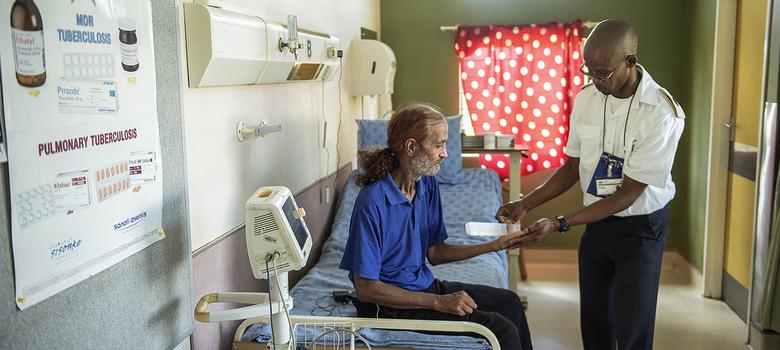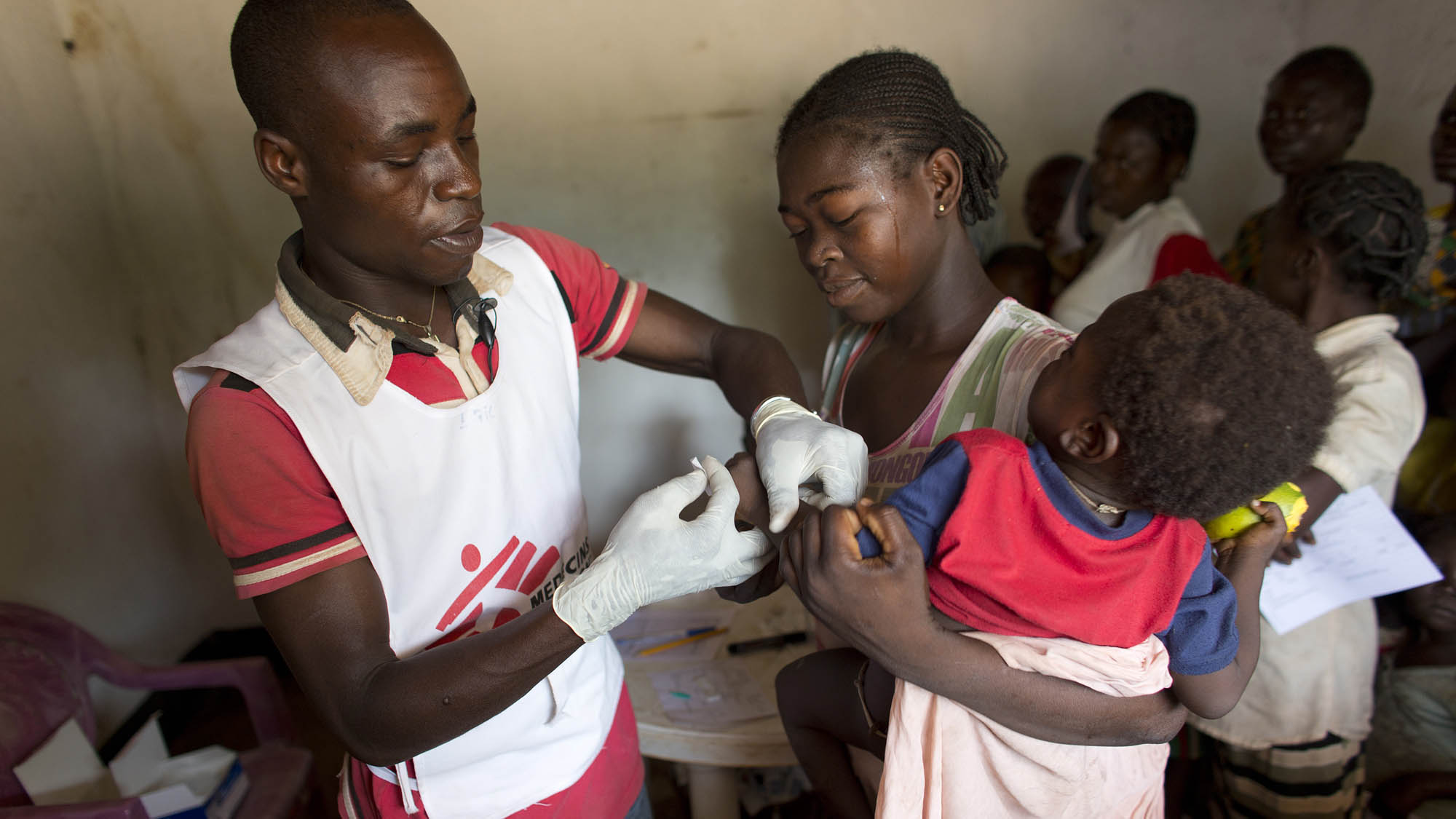Health Care System In South Africa 20 Years After Mandela
Health Care System In South Africa 20 Years After Mandela
In the 20 years since South Africa underwent a peaceful transition from apartheid to a constitutional democracy considerable social progress has been made toward reversing the discriminatory practices that pervaded all aspects of life before 1994 there is a Health Care System.
And inadequate human resources to provide care for a growing population with a rising tide of refugees and economic migrants.
Appropriate responses to Health Care System challenges would be to address the social determinants of health

Major National Health Challenges
Health Care System should be considered within the broader context of direct and indirect links between wealth and health, although these relationships are complex.
At less severe levels of poverty, improved access to basic and then more sophisticated health care adds to the prospect of healthier lives.
Both absolute and relative poverty are relevant.
In societies with less relative poverty (as indicated by a lower Gini coefficient of income inequality, disparities in health and well-being are less marked.
Relative and absolute poverty in South Africa share common causes and manifestations with poverty globally.
(The term “black African” refers to indigenous people who speak an African language.)
Relative poverty has become worse, with the Gini coefficient increasing from 0.6 in 1995 to almost 0.7 in 2009.
The top 10% of South Africans earn 58% of the total annual national income, whereas the bottom 70% combined earn a mere 17%.
The persistence of such disparities is incompatible with improvements in population health.

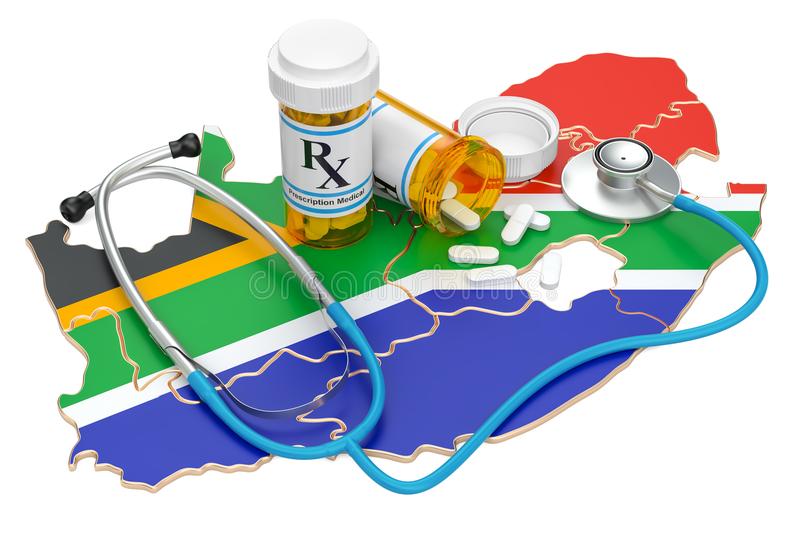
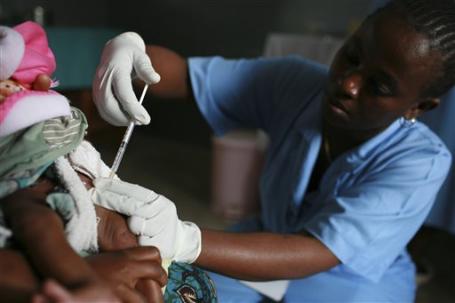
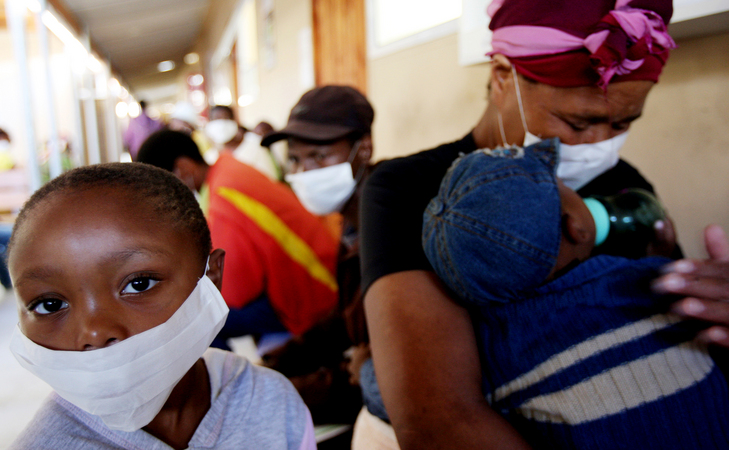
South Africa Plans Sweeping Changes to Health-Care System
Health Care System may face a major overhaul as the government moves ahead with plans to implement mandatory national insurance and reduce the cost of private care.
This leaves many people relying on a public system with too few doctors and dilapidated hospitals and clinics.
“We need a massive reorganization of the public health-care system,”
Health Minister Aaron Motsoaledi told reporters in the capital, Pretoria, on Thursday.
“What we are designing here, no-one has done in the world.”
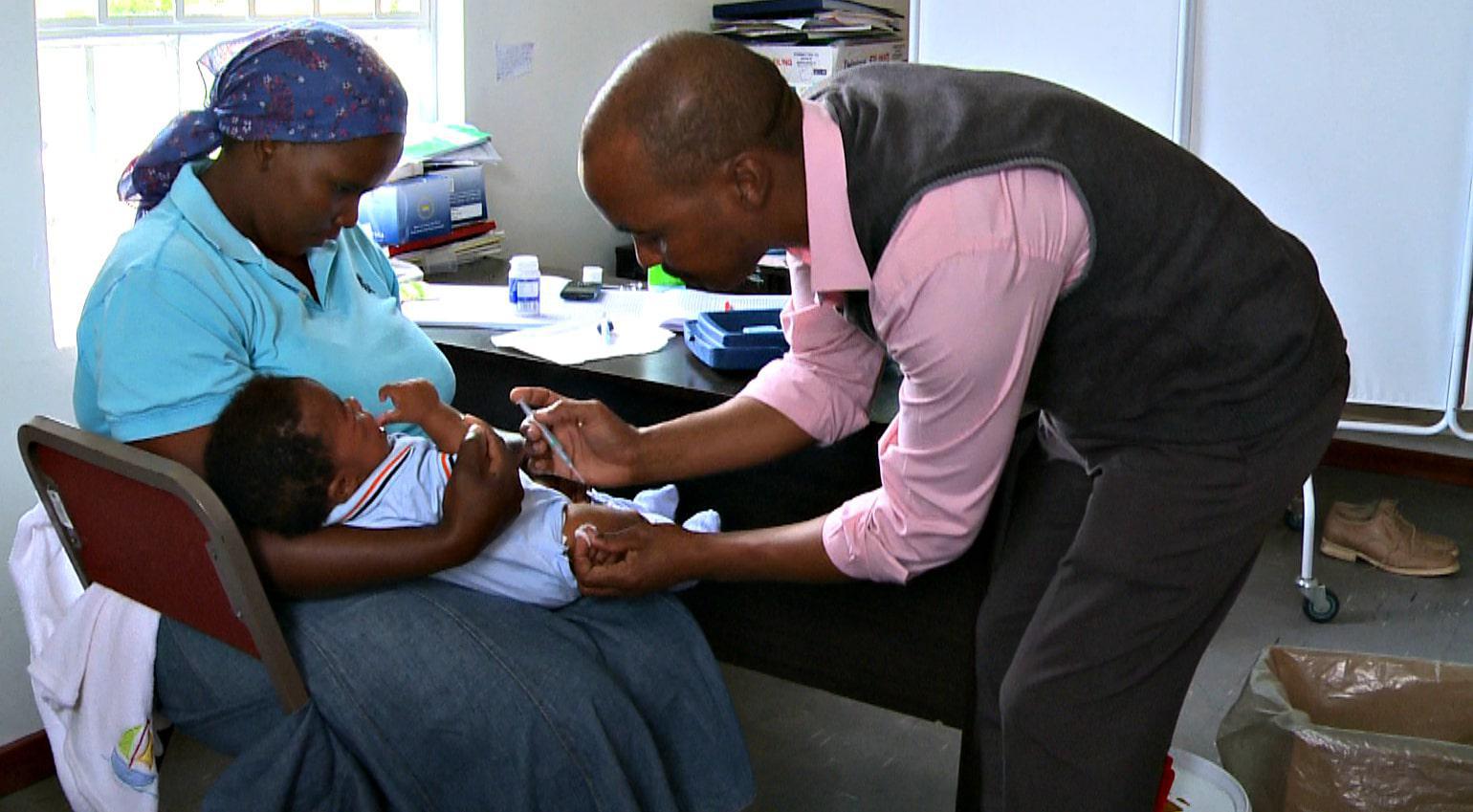

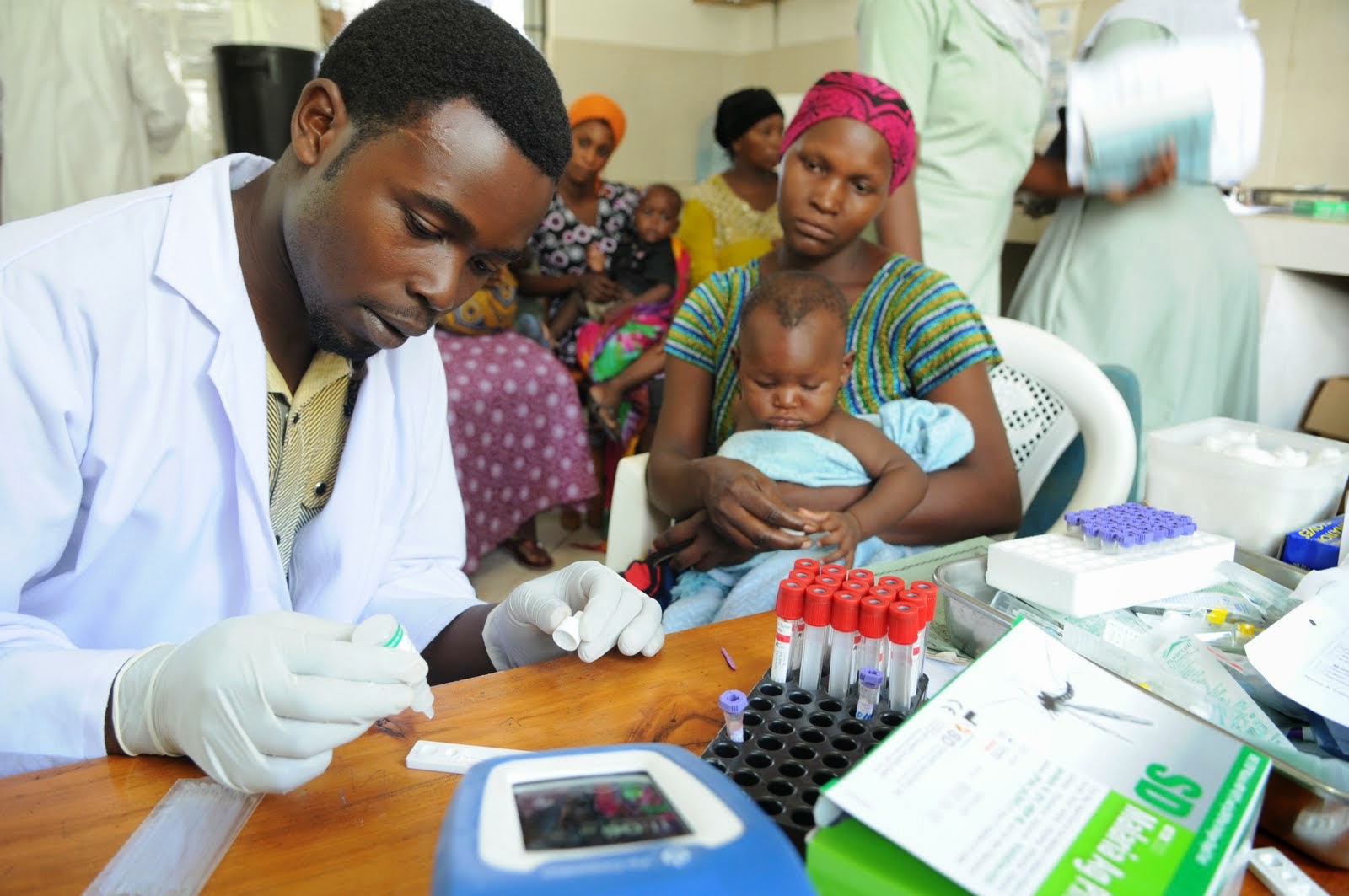
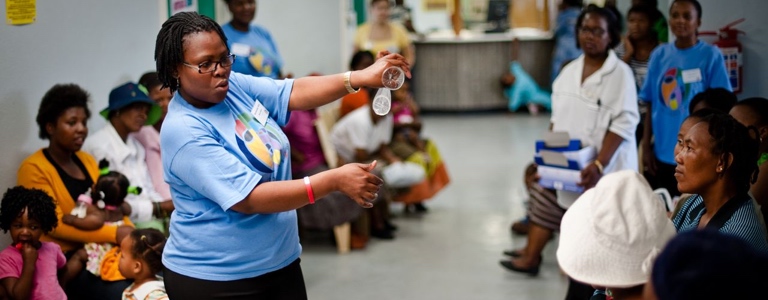
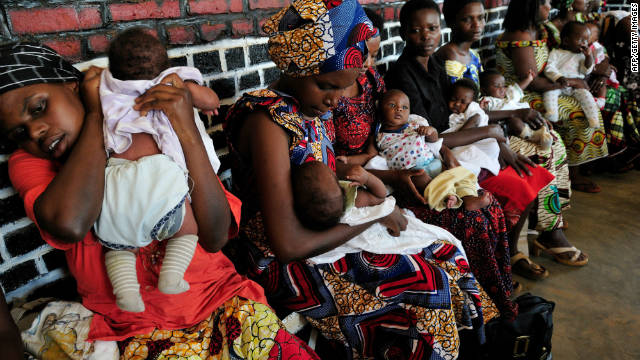
South Africa Stumbles on Health Care
The South African Constitution’s Bill of Rights says that everyone has the right to have access to health care services.
Yet more than 80 percent of the nation’s population has no medical insurance and depend on a public health system.
So the government proposed a National Health Insurance plan in 2009 that would cover all its citizens.
But the policy blueprint has taken years to move forward to the planning stage and will take almost another decade to get into full swing.
And there probably won’t be enough money to pay for it.
It’s unclear how much longer citizens will wait for a cure.
